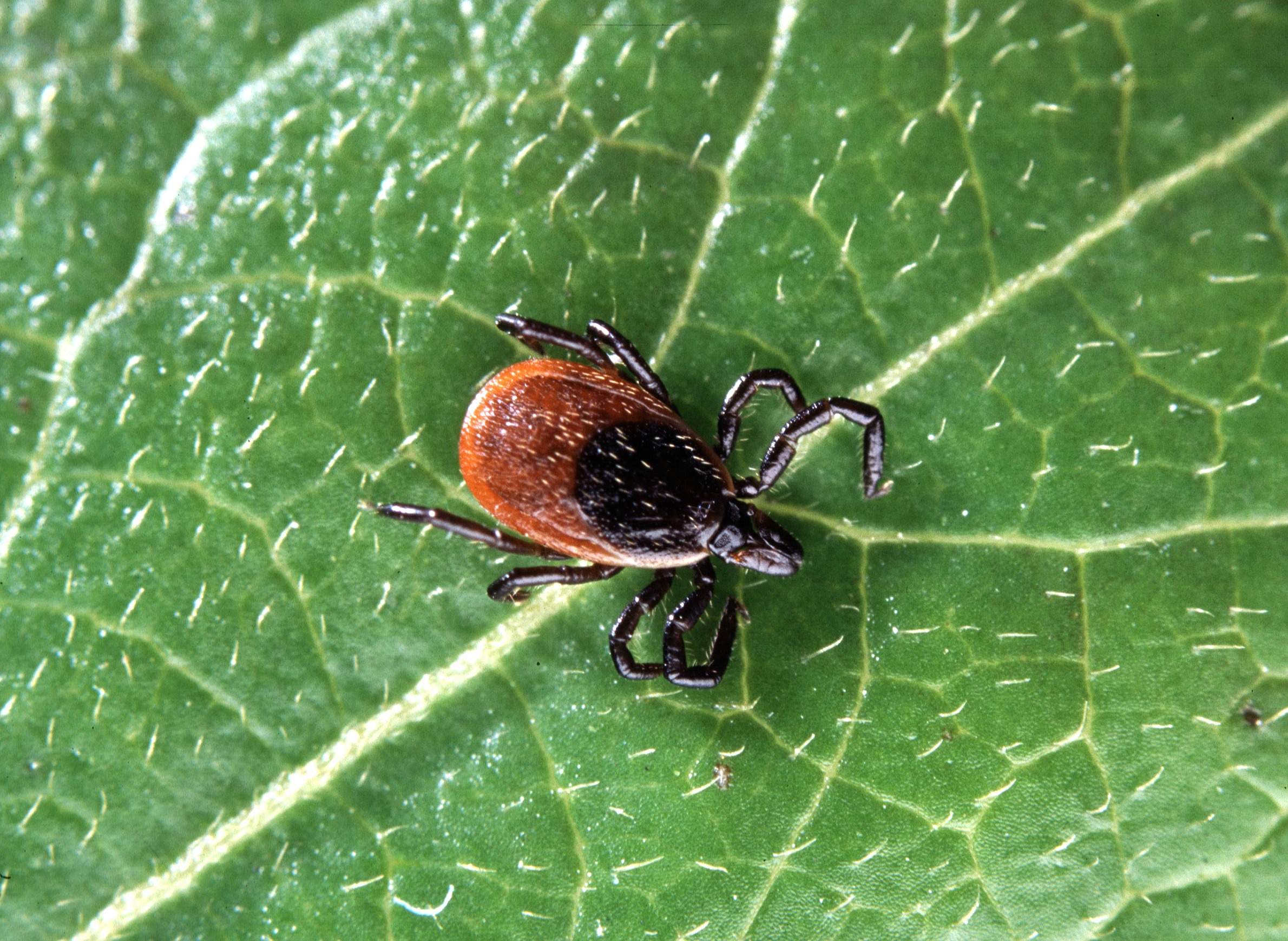
An adult deer tick.

An adult deer tick.
A new center at the University of Wisconsin-Madison will be researching the spread of new diseases in Wisconsin and the upper Midwest region carried by ticks and mosquitoes.
Scientists at the university's Upper Midwestern Center of Excellence in Vector Borne Diseases will be working to understand why these new diseases are emerging in the first the place.
"It can be related to the movement of the ticks themselves, and so we're starting to see more ticks in the area that typically used to be more kind of constrained to more southern areas and states," Lyric Bartholomay, co-director of the center, said.
New vector-borne diseases could also be popping up in Wisconsin because of the migration of their hosts or because scientists are better able to detect new diseases, Bartholomay said.
The center's other goals include training new people to look for vector-borne diseases, creating a network of scientists to share data to come up with better vector-control strategies, and improving ways to predict how and when certain diseases might become a threat in the upper Midwest region, such as the Zika virus.
"We would like to be better prepared to help individual people deal with those things, and so we'd like to think that we're providing an invaluable service helping people understand those risks [of tick and mosquito borne illnesses]," Bartholomay said.
The center consists of scientists from UW-Madison, the University of Illinois, the University of Iowa, the University of Michigan and the Minnesota Department of Health.
In December 2016, the center received a five-year $10 million grant from the Centers for Disease Control and Prevention.
Wisconsin Public Radio, © Copyright 2023, Board of Regents of the University of Wisconsin System and Wisconsin Educational Communications Board.